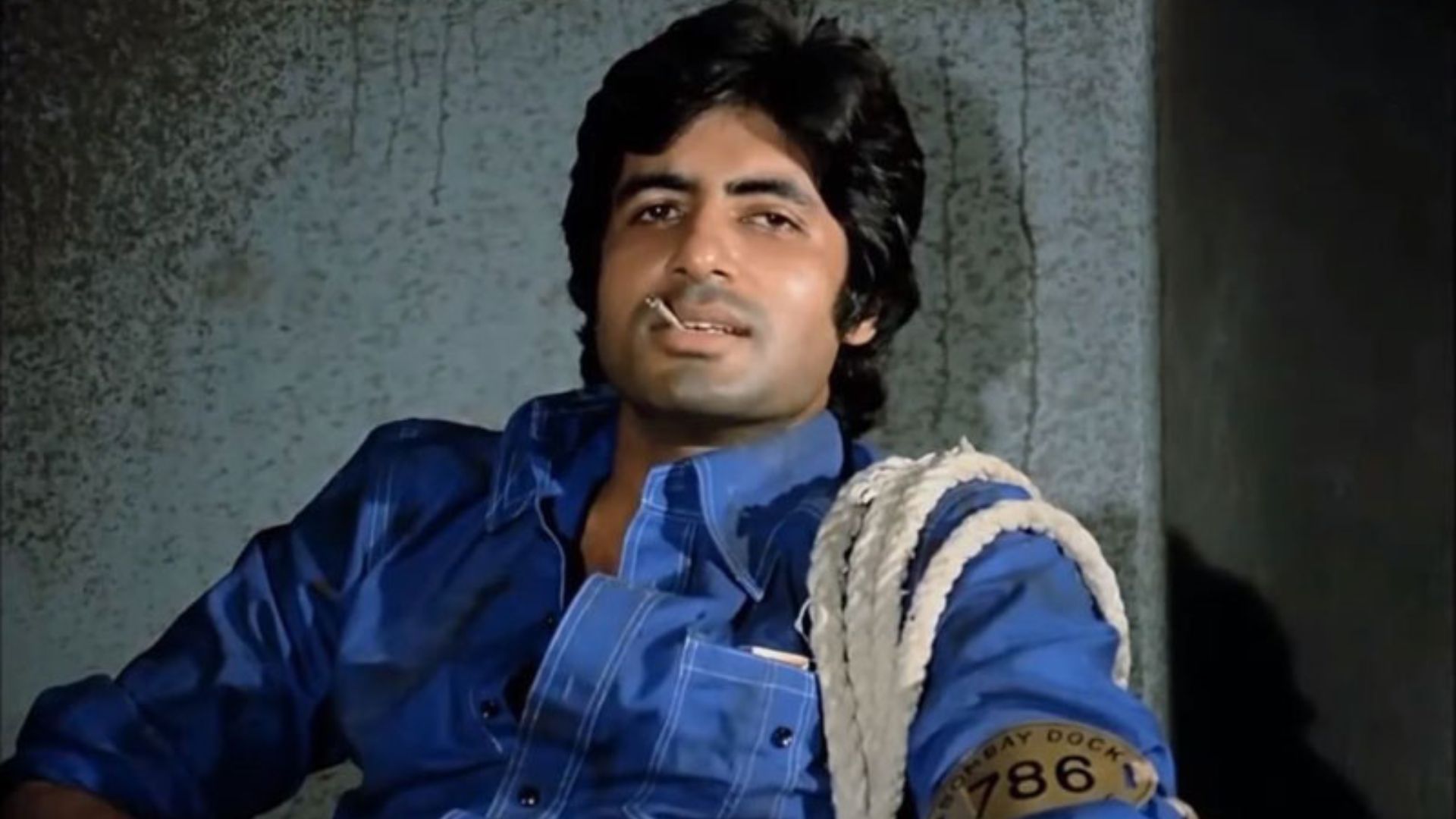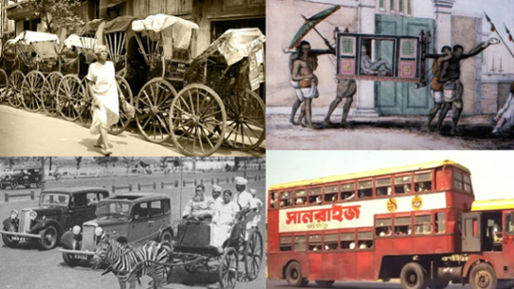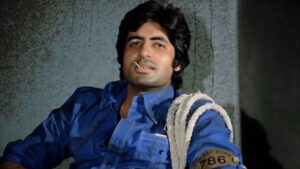The love of mothers is widely recognized as one of the purest and most unconditional forms of affection, characterized by their unwavering dedication to their children. It is often said that a mother’s love knows no bounds and that she would go to great lengths for her child. Motherhood brings both joy and fulfillment, but it also presents challenges and demands. Mothers are often regarded as angelic figures and the reason for one’s existence. In Bollywood, mothers play more than just supporting roles; they are central figures in many narratives. Bollywood movies are known for delivering memorable dialogues, especially those spoken by mothers, which evoke emotions and nostalgia, leaving a lasting impression on the audience. On this special day, let’s take a moment to remember and appreciate some of the iconic dialogues spoken by mothers in films.
‘Mere paas maa hai’
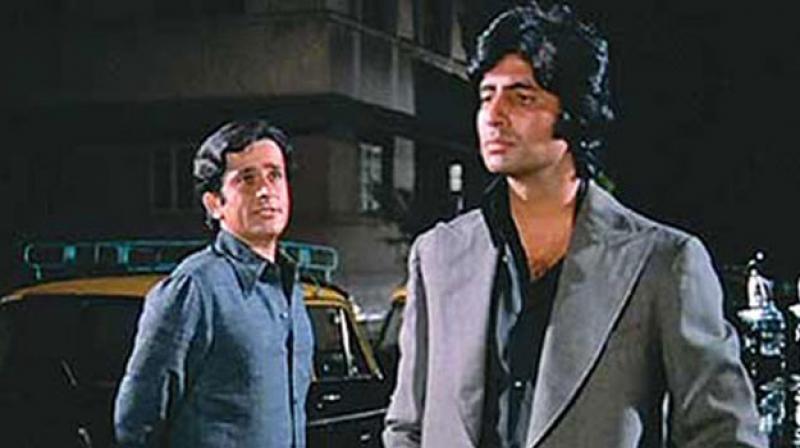
Recall the iconic dialogue from the late Yash Chopra’s movie ‘Deewar’? It has resonated with audiences and continues to be referenced in memes today. This remains one of the most renowned mother dialogues of all time. In the scene, Shashi Kapoor encounters his villainous brother (Amitabh Bachchan) who has become a police officer.
‘Tu abhi itna bhi ameer nahi hua, ki apni maa ko khareed sake’
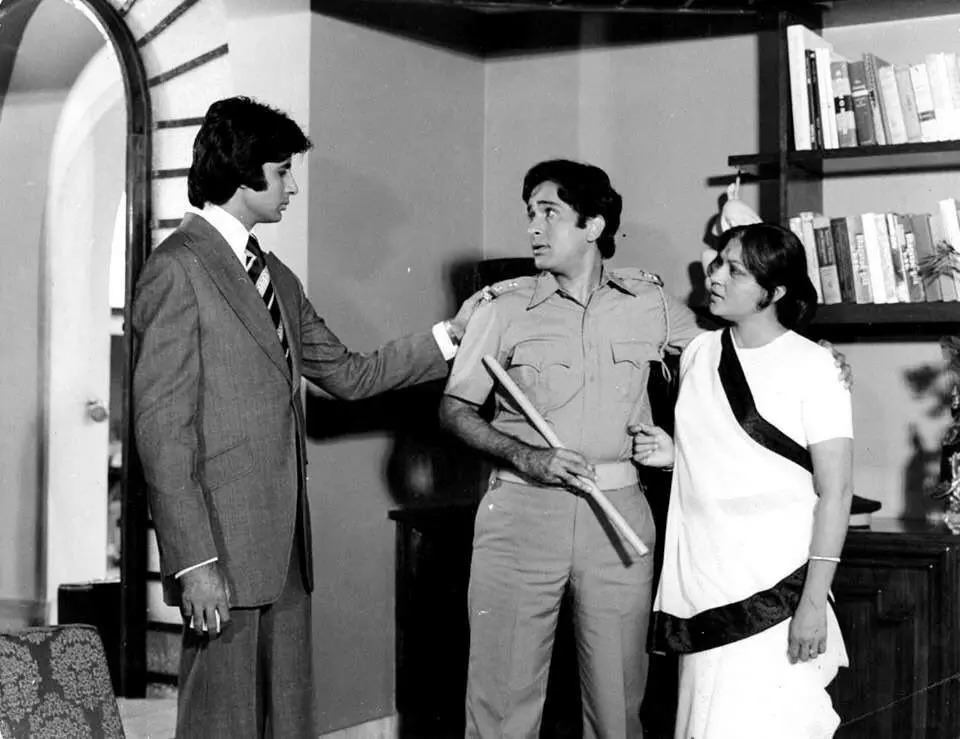
Another memorable dialogue from the same movie. Salim-Javed Akhtar crafted numerous remarkable dialogues, making each scene in this film unforgettable. These scenes illustrate that a mother’s essence embodies selflessness and unconditional love, qualities that cannot be bought with money. Released in January 1975, this film features Amitabh Bachchan, Shashi Kapoor, Nirupa Roy, and Parveen Babi.
‘Bhagwan har jagah nahi hota hai, isi liye toh usne maa banai hai’

This widespread sentiment conveys the notion that mothers embody God’s love and nurturing attributes. It underscores that mothers are often perceived as guardians, nurturers, and a source of solace, offering us security, comfort, and compassion akin to that of God. The dialogue delivered by the late Sridevi in the film ‘Mom’ resonates with audiences in a unique and heartfelt manner.
‘Ammi jaan kehti thi koi dhanda chota nahi hota’
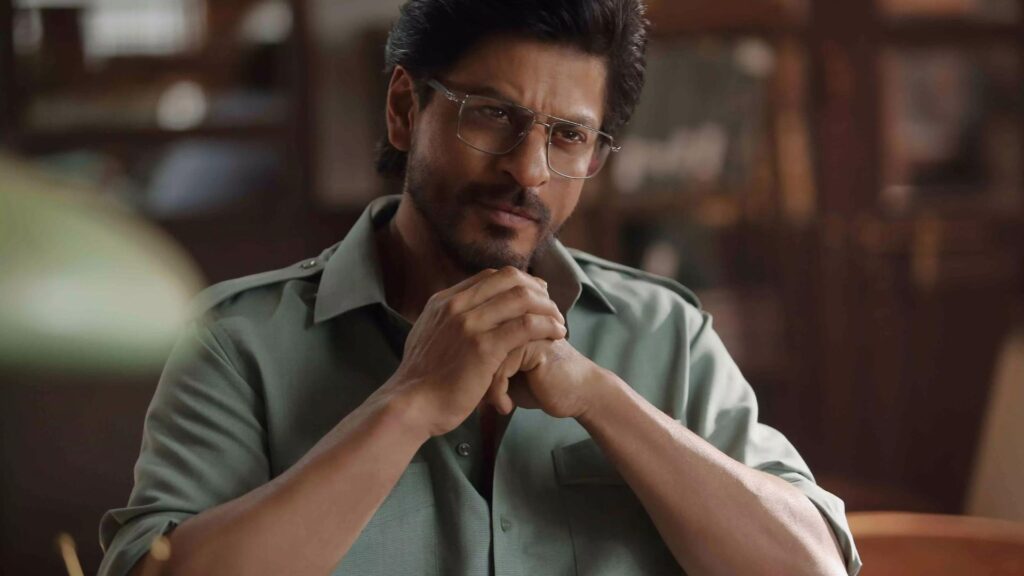
The iconic dialogue ‘Ammi jaan kehti thi koi dhanda chota nahi hota, aur dhande se bada koi dharam nahi hota’ from Rahul Dholakia’s directorial ‘Raees’, featuring superstar Shah Rukh Khan, continues to linger in our thoughts and motivates us to strive for success in life. Mothers serve as our initial educators, and their guidance molds us into virtuous individuals.
‘Jab ladki jawan ho jati hai, toh maa uski maa nahi rehti sehali ban jaati hai’

Indeed, we girls often discover our true best friends in our mothers, don’t we? Another dialogue by Farida Jalal from ‘Dilwale Dulhania Le Jayenge’ resonates as a genuine reflection of every mother-daughter relationship. These relationships can evolve and change over time. As daughters mature and become more independent, their bond with their mothers may transition into more of a friendship.
‘Maa ke Dil ko dukha kar aaj tak koi khush nahi raha hai’
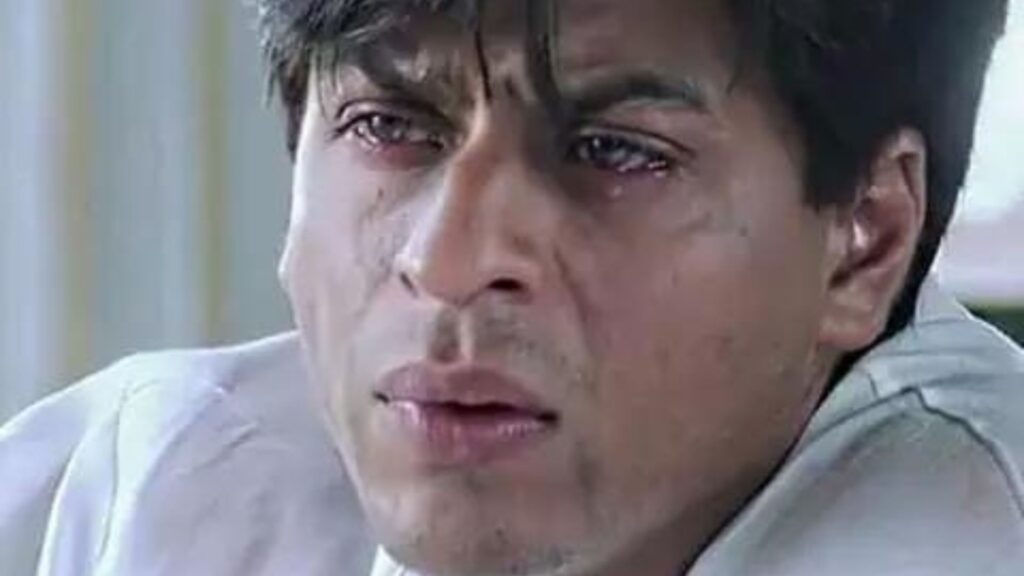
Another renowned dialogue by Shah Rukh Khan from the blockbuster film ‘Devdas’ serves as a universal message about the importance of treating mothers with compassion and respect. It emphasizes that when someone knowingly or unknowingly hurts their mother, they not only inflict pain on the mother but also jeopardize the mother-child relationship, potentially leading to long-lasting negative emotions.

